Explore NASA’s budget cuts and strategic changes during the Trump era, impacting space exploration and innovation priorities.
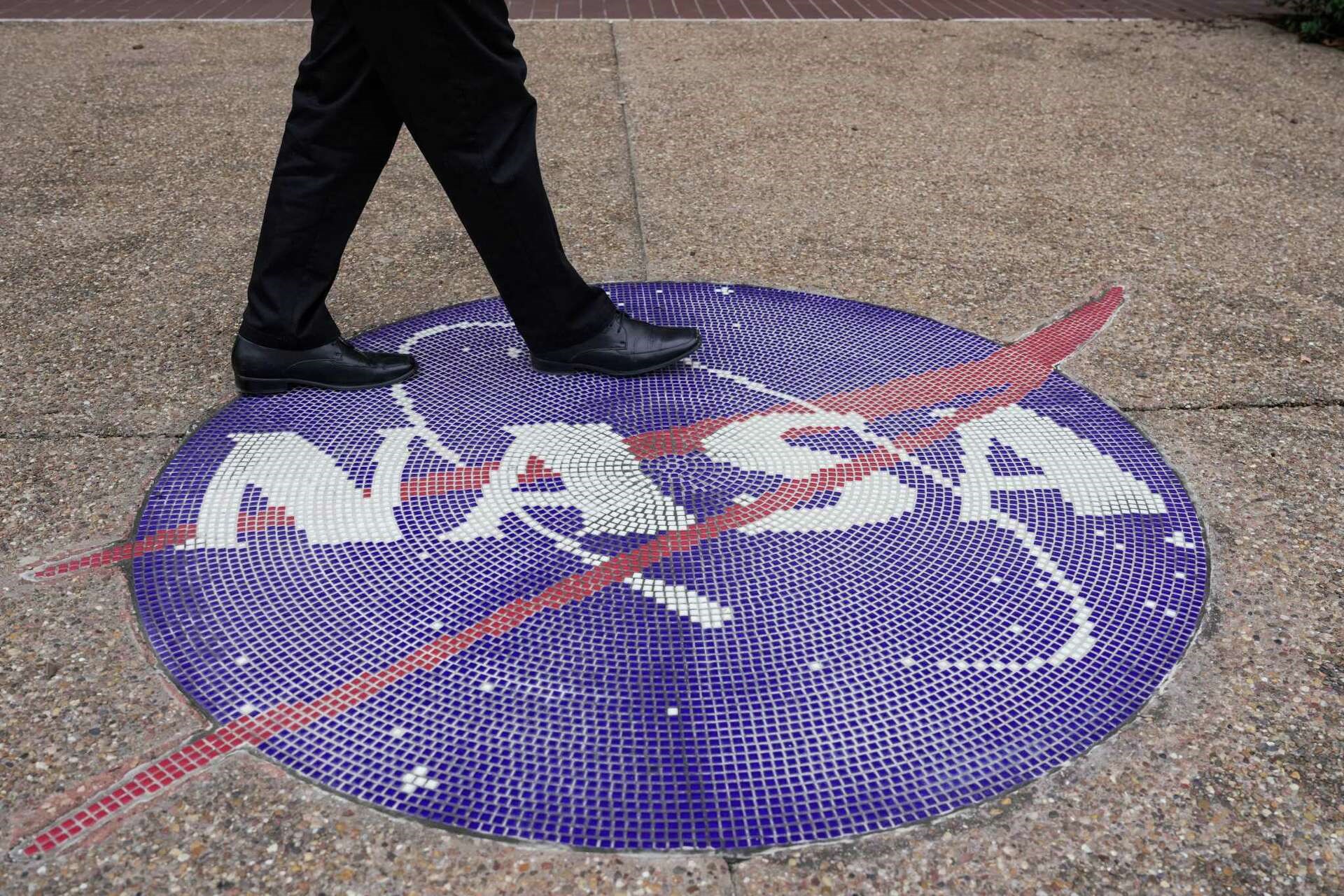

The Trump administration has introduced significant budget cuts for NASA, as part of its revised government agenda. As per the recent budget proposal released on NASA’s official site, the agency will experience a reduction of $6 billion in its funding. Despite these cuts, a substantial $1 billion will be allocated to projects focusing on Mars, with a further $7 billion dedicated to endeavors targeting the Moon.

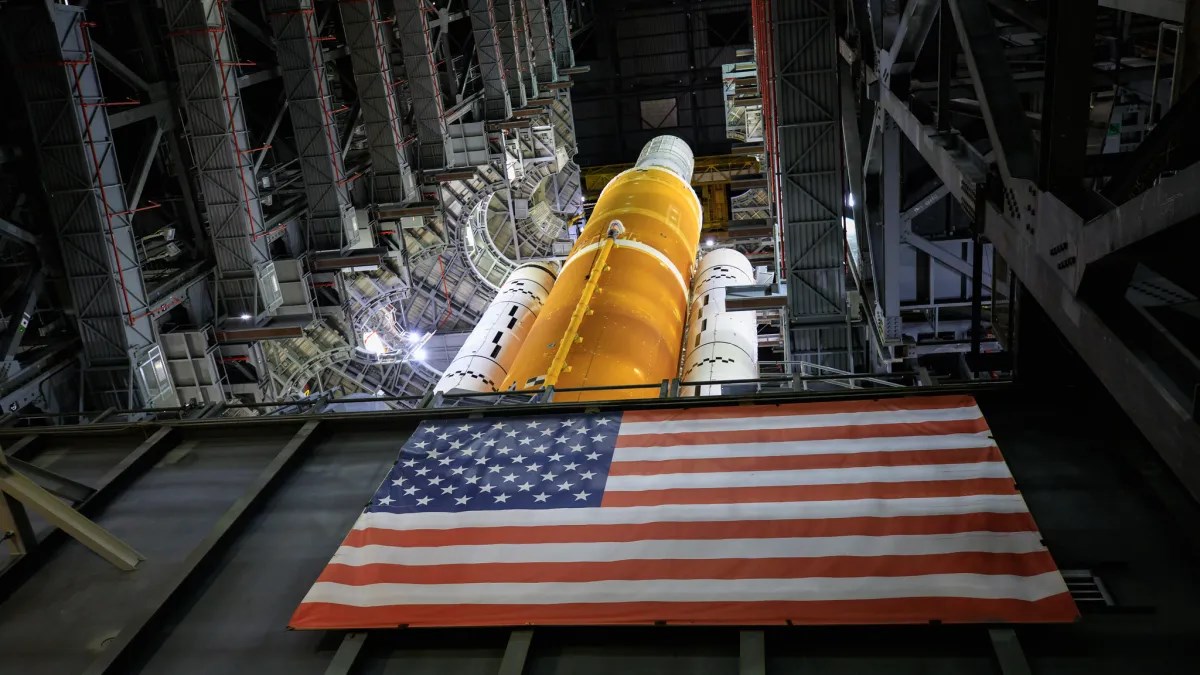

In alignment with SpaceX founder Elon Musk’s long-standing ambition for “manned settlement on Mars,” NASA’s revised priorities now emphasize returning to the Moon and achieving the historic feat of sending humans to Mars. The strategic aim to “outpace China in lunar explorations and pioneer human missions to Mars” encapsulates the United States’ renewed stance in the global space race.
The shift in focus comes at the expense of several ongoing initiatives. According to a memorandum from acting administrator Janet Petro, many large-scale projects will face termination or suspension. These include the Space Launch System (SLS) rocket, the Orion spacecraft, and the planned Gateway space station in lunar orbit. Notably, the Mars Sample Return (MSR) Program, aimed at retrieving samples from Mars’ surface and returning them to Earth, will be cancelled due to budget constraints.

The draft budget outlines a significant 25% reduction in NASA’s funding, impacting the agency’s workforce, IT services, operations, facility maintenance, and numerous scientific missions.
Elon Musk and SpaceX have played a pivotal role in shaping the Trump administration’s Martian vision, marking a notable influence. As a major contractor for NASA, SpaceX is integral to the agency’s manned Mars mission objectives. The company’s Starship rocket is designed for transporting crews and cargo to both the Moon and Mars.
With the potential cancellation of the SLS program, SpaceX is poised to become NASA’s leading contractor, possibly replacing Boeing and Blue Origin following the scrapping of the Orion spacecraft. However, no definitive statements have been issued regarding these changes.
The nomination of technology entrepreneur Jared Isaacman, proposed by Trump to lead NASA, has sparked discussions. Isaacman’s nomination has successfully passed the Senate Commerce Committee but awaits approval from the Senate’s general vote. Should Isaacman, known for his collaboration with SpaceX, assume leadership, it is anticipated that NASA’s private sector-driven vision will gain further momentum.

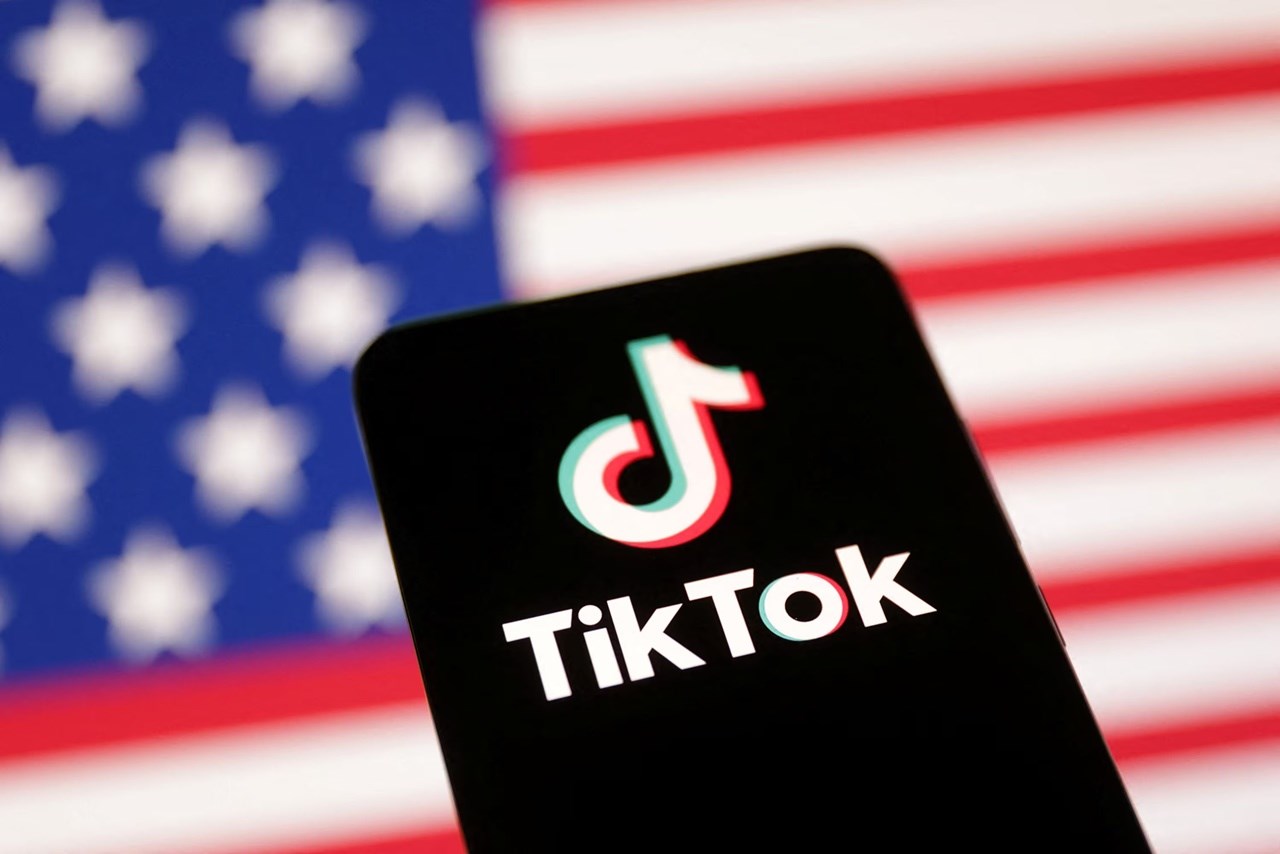

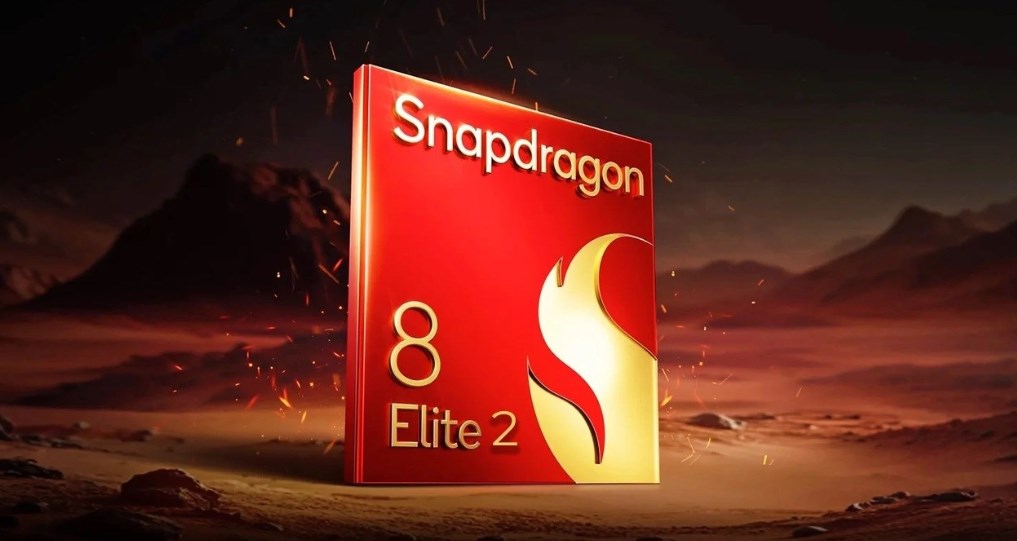


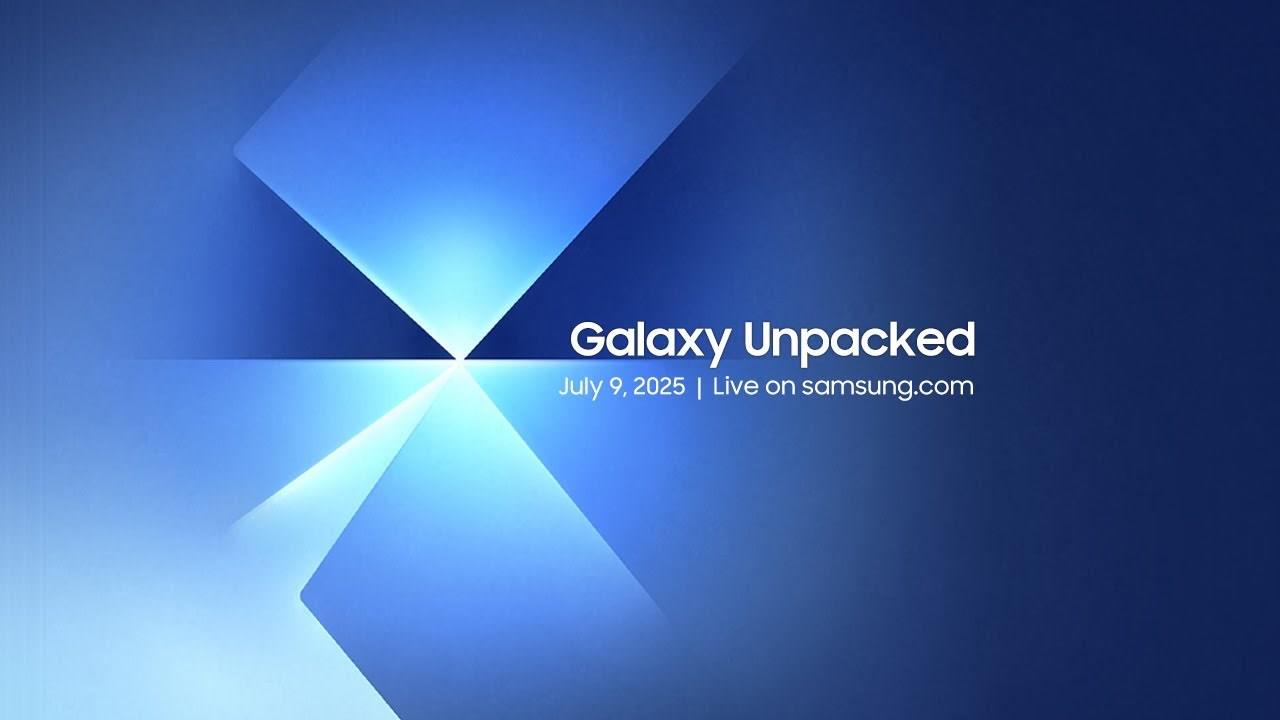
















Sigortahaber.com, sigorta sektöründeki en güncel haberleri, analizleri ve gelişmeleri tarafsız bir bakış açısıyla sunan bağımsız bir haber platformudur. Sigorta profesyonellerine, acentelere ve sektöre ilgi duyan herkese doğru, hızlı ve güvenilir bilgi sağlamayı amaçlıyoruz. Sigortacılıktaki yenilikleri, mevzuat değişikliklerini ve sektör trendlerini yakından takip ederek, okuyucularımıza kapsamlı bir bilgi kaynağı sunuyoruz.
Yorum Yap